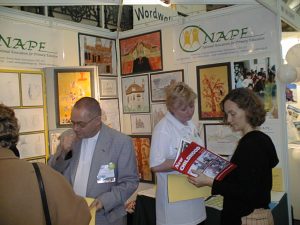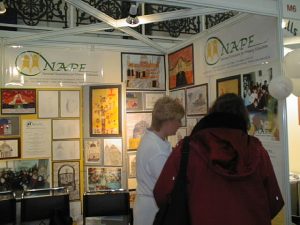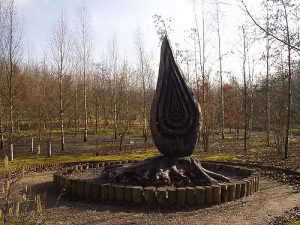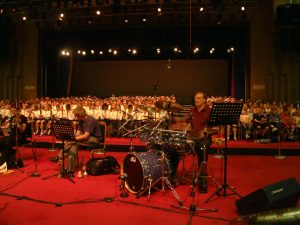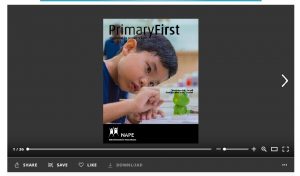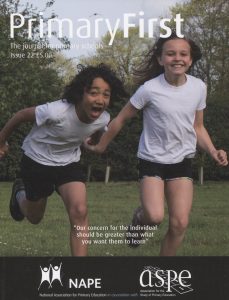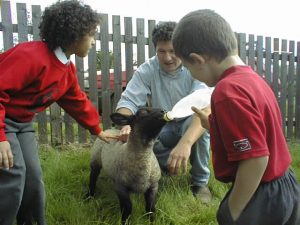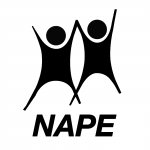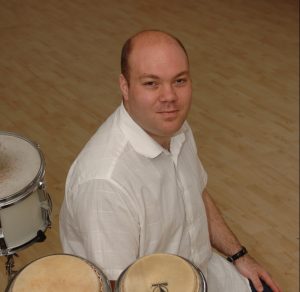Meet the council with Mike Aylen – NAPE 015
In this episode I talk to Mike Aylen about his experience with NAPE and the influence the organisation has had in regards to changing education policy in the UK.
Below are some pictures of the events Mike talked about including the Dunblane Flame, Festival of Voices and our Primary First Journal.
National Association for Primary Education
Our aim is to achieve a higher priority for the education of children from birth to 13. High quality learning in the early years of life is vitally important to the creation of an educated society. Young children are not simply preparing for the future, they are living a never to be repeated time of life and the best way to learn is to live.
How to get involved with the show – NAPE 014
If you have experienced something wonderful this week in relation to a child’s learning then please let me know.
I am looking to share a weekly ray of sunshine for us all to enjoy that reminds us of why we are here supporting a child centred vision of learning. You might work in school, be a parent or family member. If it made your heart sing let me know.
If you would like to share it with me so I can read it out on the show in our new short feature please email:
mark@educationonfire.com
National Association for Primary Education
Our aim is to achieve a higher priority for the education of children from birth to 13. High quality learning in the early years of life is vitally important to the creation of an educated society. Young children are not simply preparing for the future, they are living a never to be repeated time of life and the best way to learn is to live.
Executive Committee Member & Podcast Producer Mark Taylor – NAPE 013
You will have heard Mark many times on the podcast as he has discussed NAPE and interviewed guests, but today he talks about his life.
- A professional musician
- A music educator
- A creator/producer/host of the Education on Fire Podcast Network
The latest development in his life is to combine all of this experience and passion to create a membership site that supports teachers to embed music in their school.
Primary Music on Fire
Taking the fear out of teaching music by giving you the step by step skills and ongoing support to produce lifelong musical memories for you, your school and your pupils.
To find out more please visit www.EducationOnFire.com/primary-music
The Assessment of attainment of young children – NAPE 012
Ministry of Education discussion paper 1946
The National Association for Primary Education present an annual lecture with a guest speaker who creates their talk inspired by the work of Christian Schiller.
This episode is read by Peter Cansell from the book ‘Christian Schiller in his own words’
CHRISTIAN SCHILLER CBE, MC, MA
Christian Schiller was born on the 20th September 1895. He went to a prep school and then to Gresham’s School where he was head boy. Military service in the First World War followed and he was wounded in action.
After the war he read mathematics at Cambridge and then studied with Percy Nunn at the London Day Training College before beginning his teaching career. In 1924 he was appointed HMI and then followed a long period of work with the schools in Liverpool where his
contact with poor children and their families was a deeply formative experience. He became District Inspector and later filled this role in Worcestershire.
In 1946 he became Staff Inspector for Primary Education and his influence, often in partnership with his friend Robin Tanner, HMI and etcher, was strongly felt as elementary schools developed into primary schools with a distinctive child centred approach which drew on children’s innate creativity and which recognised the powerful learning which comes from direct experience.
On his retirement in 1955 he began a new career as he created a one year course at the University of London Institute of Education for teachers and heads seconded from their schools. Each course was kept small, no more than 12 people who spent their year visiting schools and in discussion led by Schiller who often remained largely silent until he revealed his vision and optimism about the future in a brief summing up. There were no examinations or required coursework yet, as this writer will testify, everyone worked extremely hard. The course was hugely influential and most of his former students have gone on to hold senior leadership positions in education.
Christian Schiller died on the 11th February 1976. The following year the first memorial lecture was presented in London and the annual lectures, now organised by the National Association for Primary Education, continue to the present day. We are pleased to be able to celebrate the work of this great man who contributed so much to the principles and practice of primary education. To those who say look at us, obsessed with children being coached to pass tests, schools competing rather than co-operating, I reply , look more deeply , beyond today’s political froth. Schiller’s work continues and one day, will prevail.
—————————————————————————————
‘Christian Schiller in his own words’ was published by the Association in 1979. The book is available price £5.00 from the NAPE national office.
E: nationaloffice@nape.org.uk
T: 01604 647646
Learning at Historic Royal Palaces – NAPE 011
Lucie Parkes – Formal Learning Manager at Historic Royal Palaces.
Historic Royal Palaces is an independent charity that provides high quality cultural learning experiences for schools. At HRP our aim is to make the stories of our palaces relevant, accessible and enjoyable for all. We offer a programme of sessions across the key stages and in a range of subject areas, as well as CPD opportunities for teachers and a wealth of online learning resources for use in the classroom.
As Formal Learning Manager at Historic Royal Palaces, I manage the development and delivery of our schools provision across palaces (Tower of London; Hampton Court Palace; Kensington Palace, Kew Palace, Banqueting House Whitehall and Hillsborough Castle).
With over 16 years’ experience of teaching in schools, cultural and historic settings, I am personally driven by a passion for igniting that spark and enthusiasm for learning among young people. At the core of what I do is a desire to help empower young people to fulfil their potential, to understand the world around them and to find their place within it. I really enjoy the additional freedom you have within a heritage setting to experiment with approaches and to focus on adding a different dimension to what happens in schools. I believe heritage settings can offer a rich resource to teachers and can provide transformative experiences for pupils.
Find out more about what we offer here:
https://www.hrp.org.uk/schools/#gs.pnFbsEI
Join our Teachers Network here:
https://www.hrp.org.uk/schools/teacher-network/#gs.wbuHXVw
Find us on Twitter:
https://twitter.com/HRP_learning


